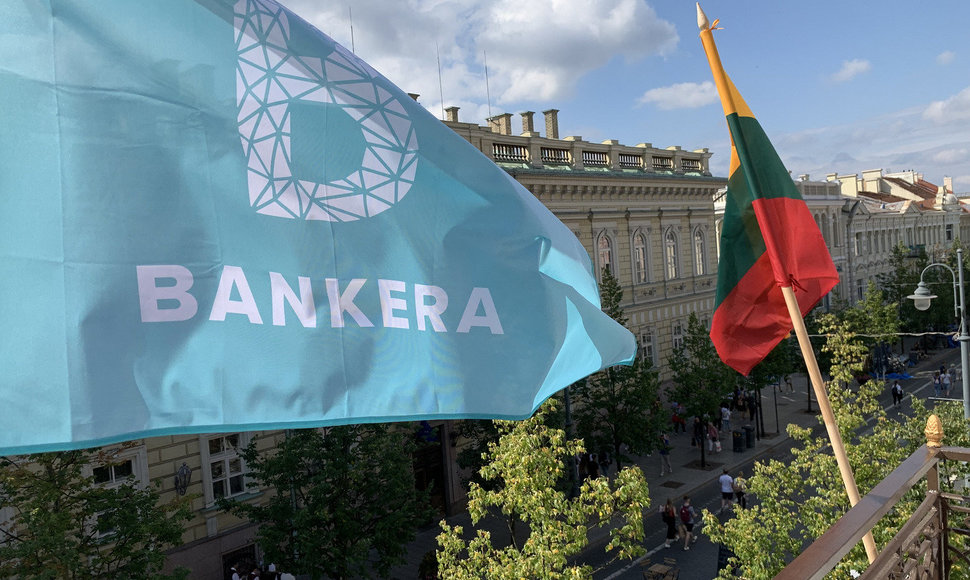"This practice occurs when service providers in one EU country do not allow customers to use payment accounts from other EU countries. This problem is widespread in many European countries, even though the EU is based on the principle of free movement of goods and services. Most of our customers are residents or businesses registered in countries in the European Economic Area, so we want them to be aware of their options to stop illegal IBAN discrimination and to inform the relevant authorities. To this end, a special website – acceptmyiban.org – has been set up where victims can register their complaints," says Vytautas Karalevičius, co-founder of Bankera, explaining the membership of the association.
IBAN is an international bank account format that has been used for almost 25 years in 70 countries worldwide. The Lithuanian IBAN consists of 20 characters. Two letters represent the country code (LT), two digits are control digits, five digits are the bank code, and another 11 digits represent the unique account number.
IBAN discrimination often takes the form of your employer or a company such as a utility company refusing to accept your IBAN when you make payments in the euro area. IBAN discrimination has been illegal in other EU countries since 2014 and affects many people trying to pay bills or make or receive international payments in the euro area.
Last year, members of the association sent a joint letter to the European Commission urging politicians to take further action to end the illegal practice of IBAN discrimination. Furthermore, the global spread of the COVID-19 pandemic has created a strong demand for online banking. The European fintech industry has therefore united to fight against IBAN discrimination in all EU member states.
Since the launch of acceptmyiban.org in mid-March this year, more than 1000 reports of possible IBAN discrimination have been received. Their analysis has shown that the highest number of such cases has been recorded in the old European countries - France, Spain and Germany.













